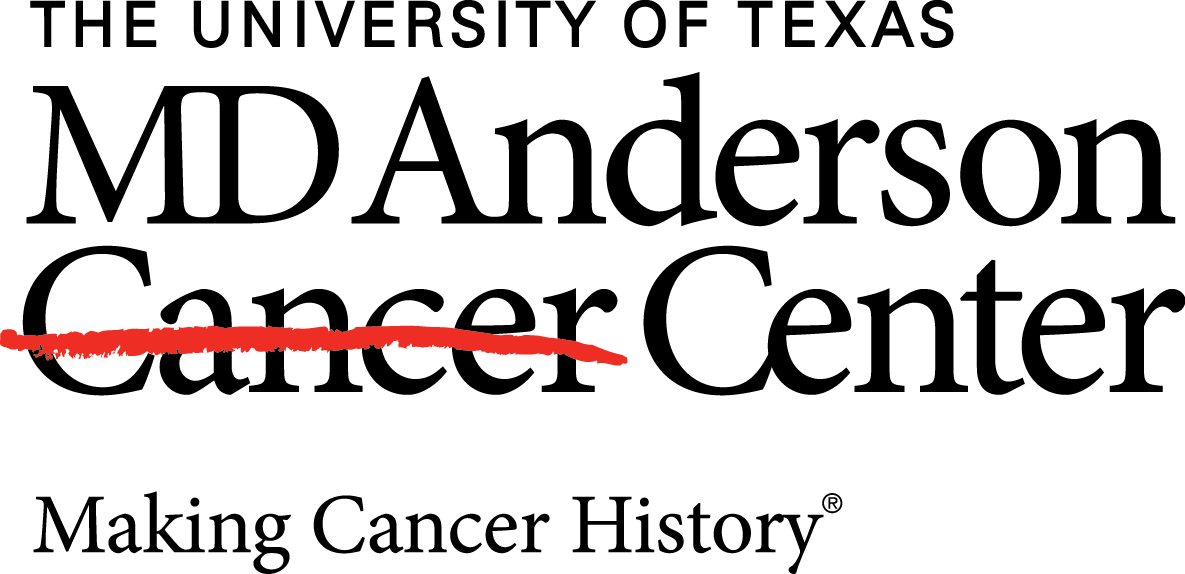
Nurses May Advise Patients on Immunotherapy to Increase Fiber Intake

An expert from The University of Texas MD Anderson Cancer Center offers advice on the best diet to enrich a patient’s microbiome and consequent immunotherapy response.
Patients with cancer initiating immunotherapy treatment should be encouraged to adopt a fiber-rich diet, according to Jennifer McQuade, MD.
McQuade, an assistant professor of medical melanoma oncology at The University of Texas MD Anderson Cancer Center, recently spoke with Oncology Nursing News® about recently published study findings, which suggest that high-fiber diets and lower probiotic use may be associated with improved immunotherapy response rates among patients with melanoma.
“I would avoid over-the-counter supplements, and then, as far as diet, [we looked at] our patients’ habitual diet,” McQuade explained. “The question now really is, ‘can we actually change a patient's diet and then change their microbiome and potentially influence their outcomes?’”
“That's the ongoing clinical intervention study that we have now—we actually are doing dietary interventions. In the meantime, the question is, ‘what do we tell our patients now?’ Fortunately, a diet that's high in fiber is the same diet that's recommended by the American Cancer Society, and by the American Institute for Cancer Research. We know that this diet is associated with a lower risk of cancer in general, it is associated with lower risks of cardiovascular disease, and it's really consistent with a diet that is recommended for the US population in general.”
“The recommendation is getting at least 20 to 25 grams of fiber per day, and most of the average US population consumes, on average, 15 to 17 grams of fiber per day,” she concluded.
Newsletter
Knowledge is power. Don’t miss the most recent breakthroughs in cancer care.






























































































